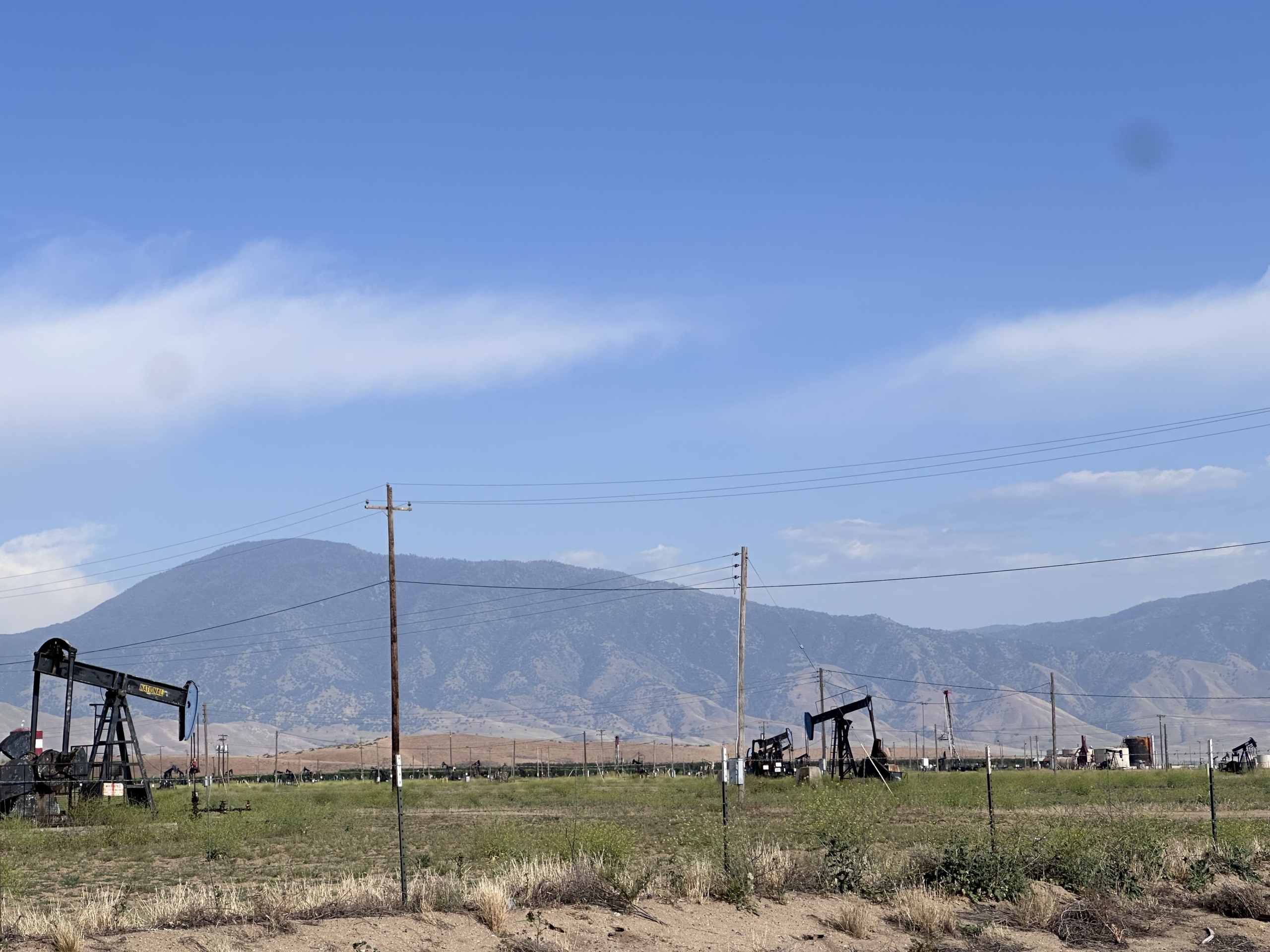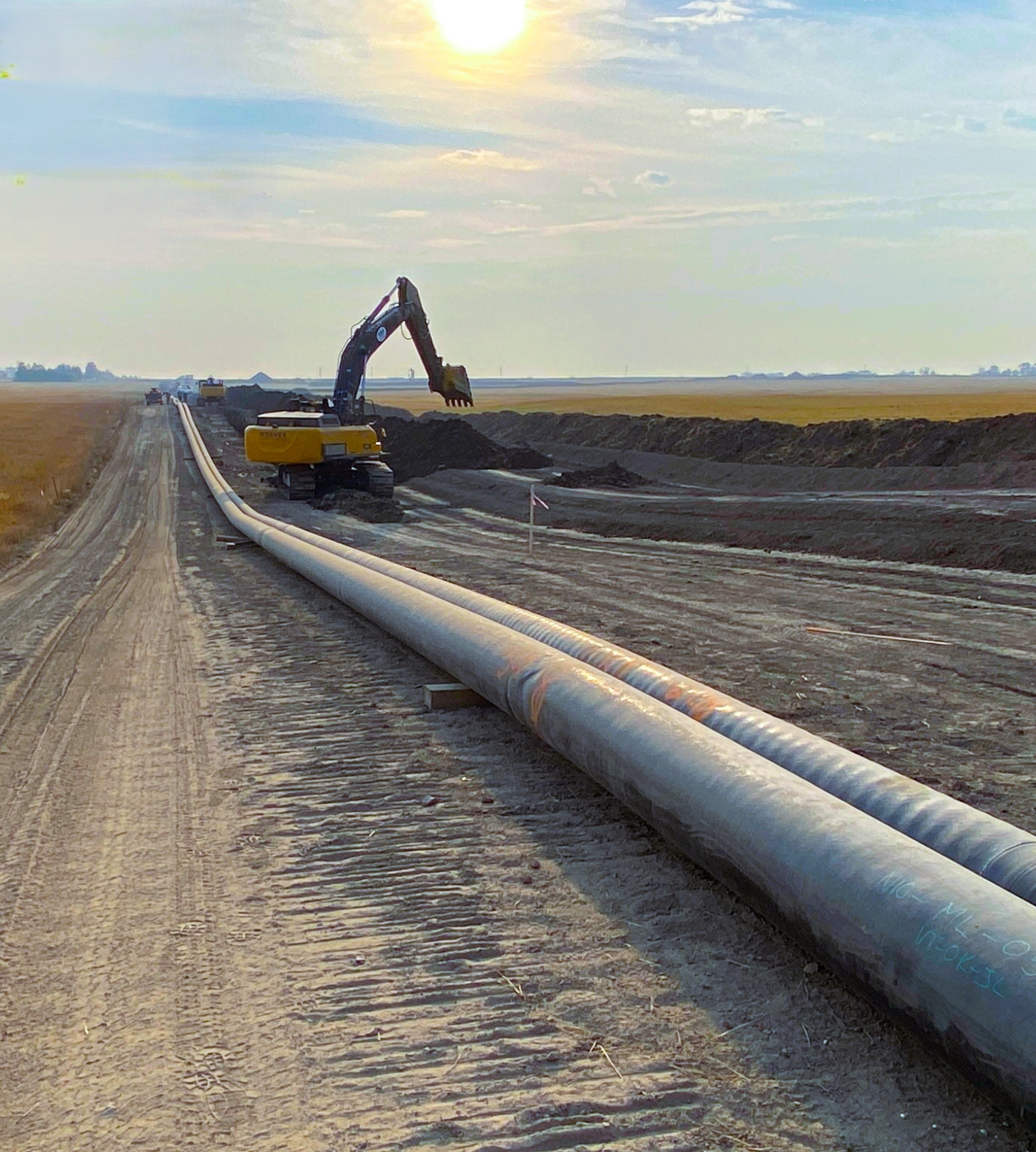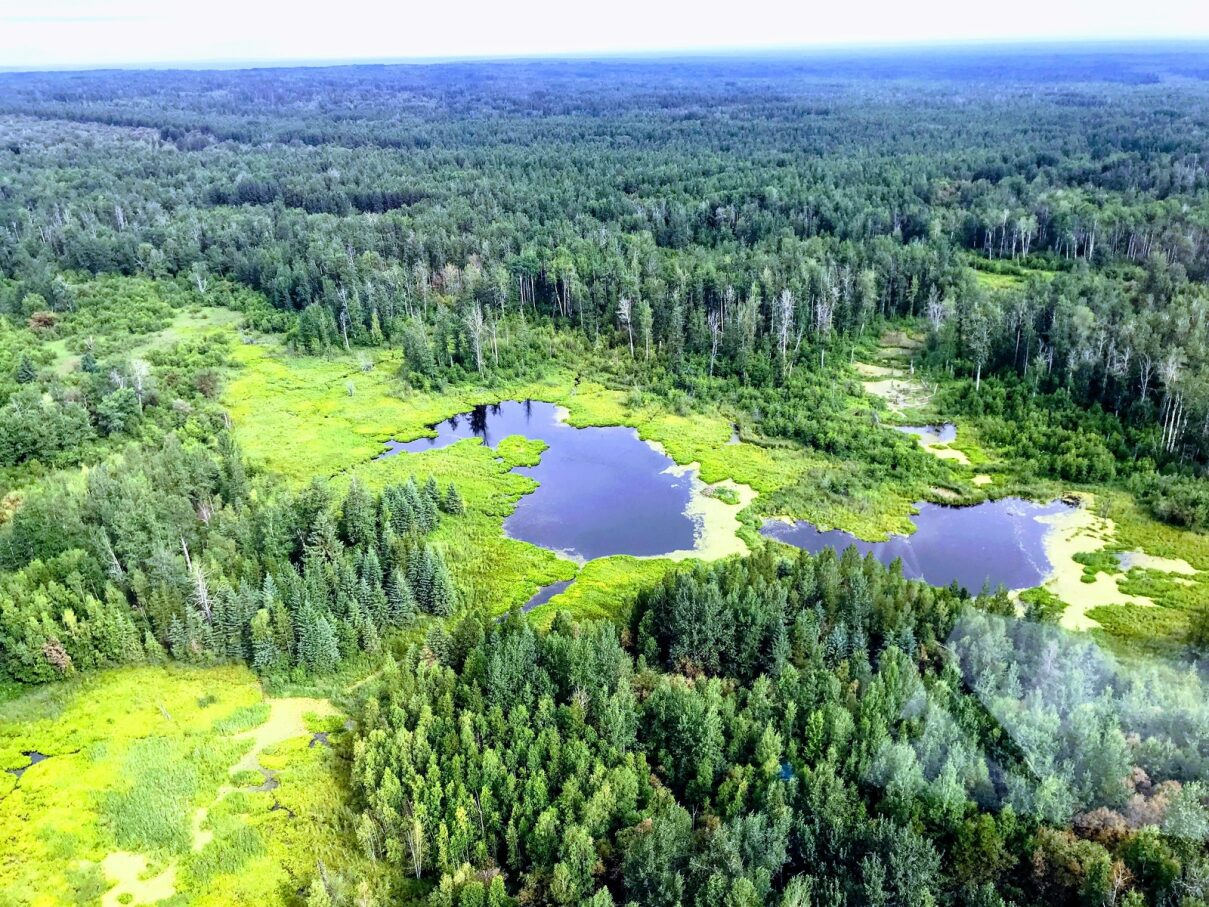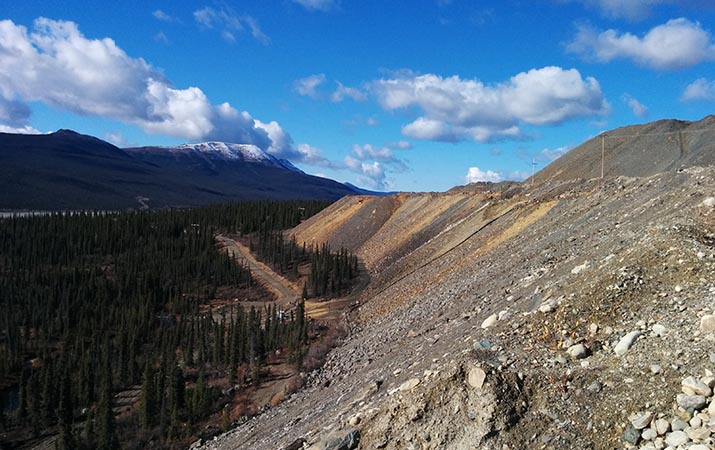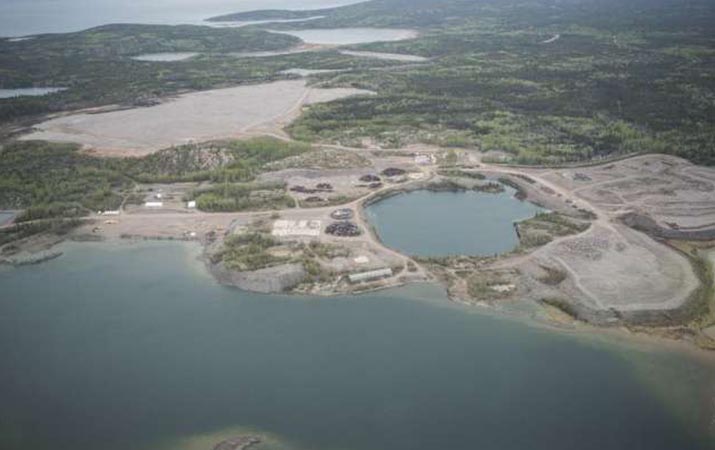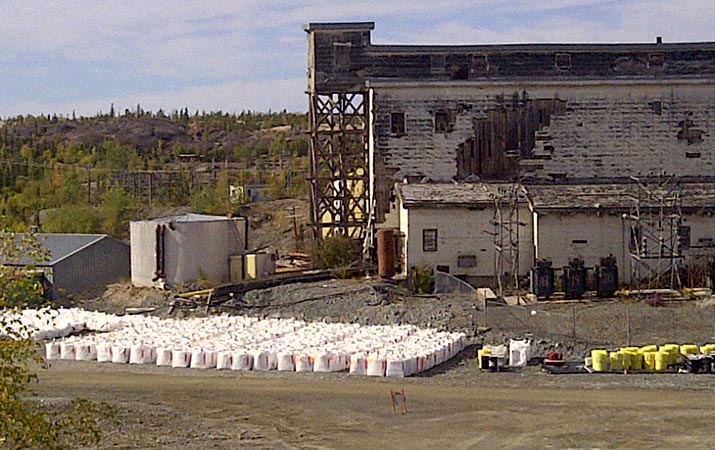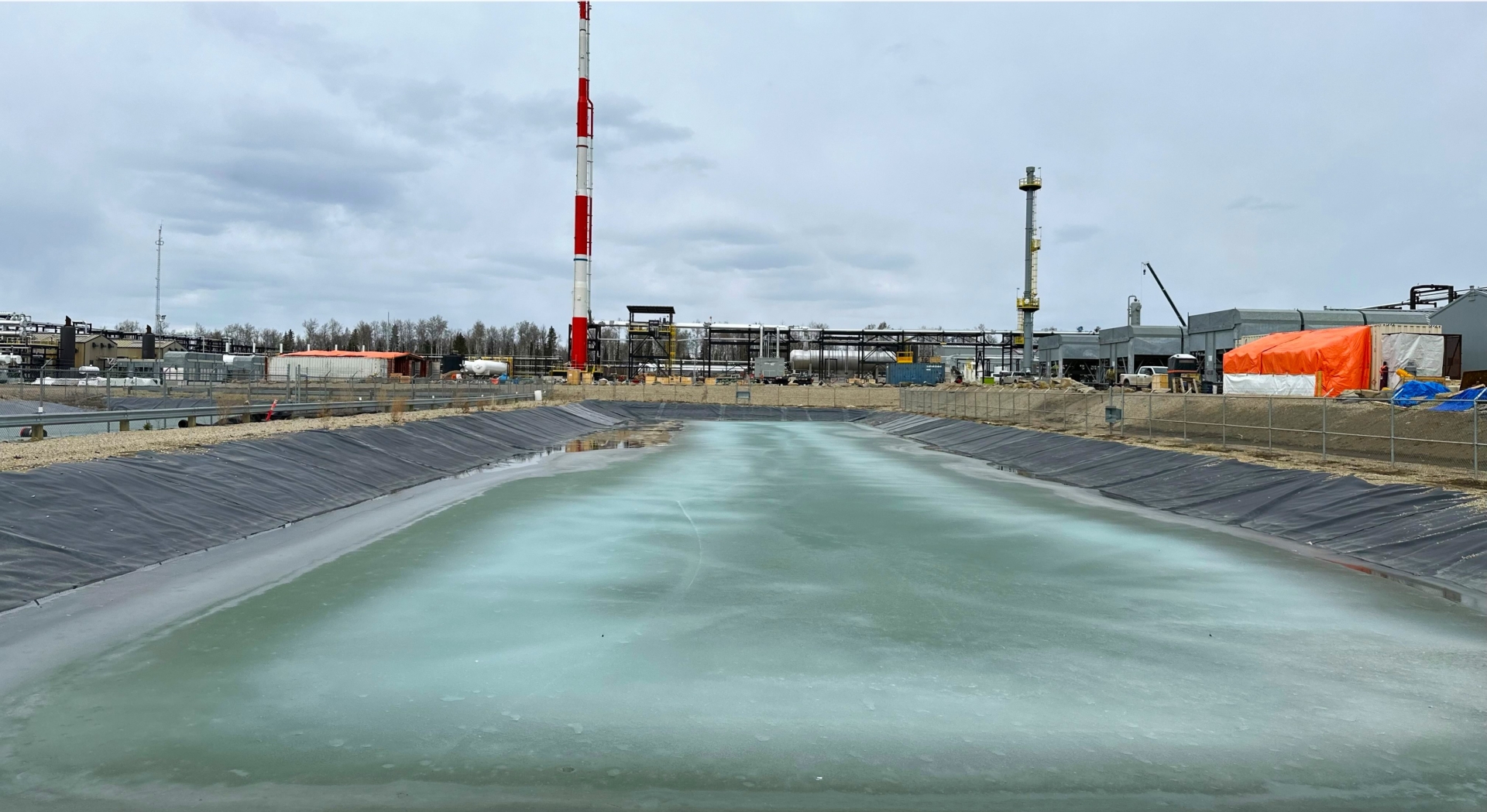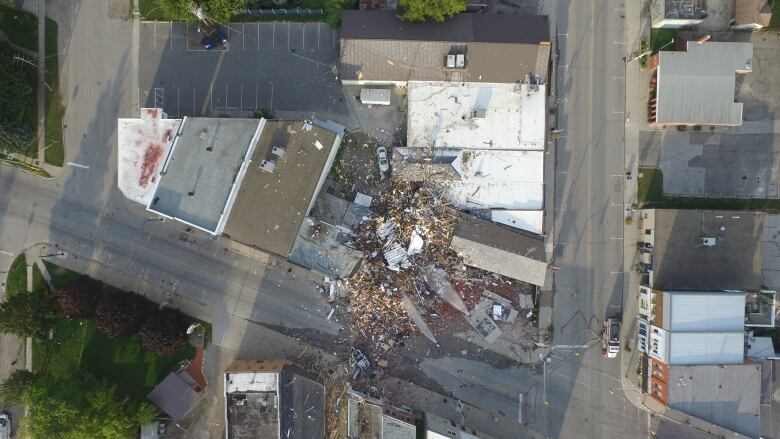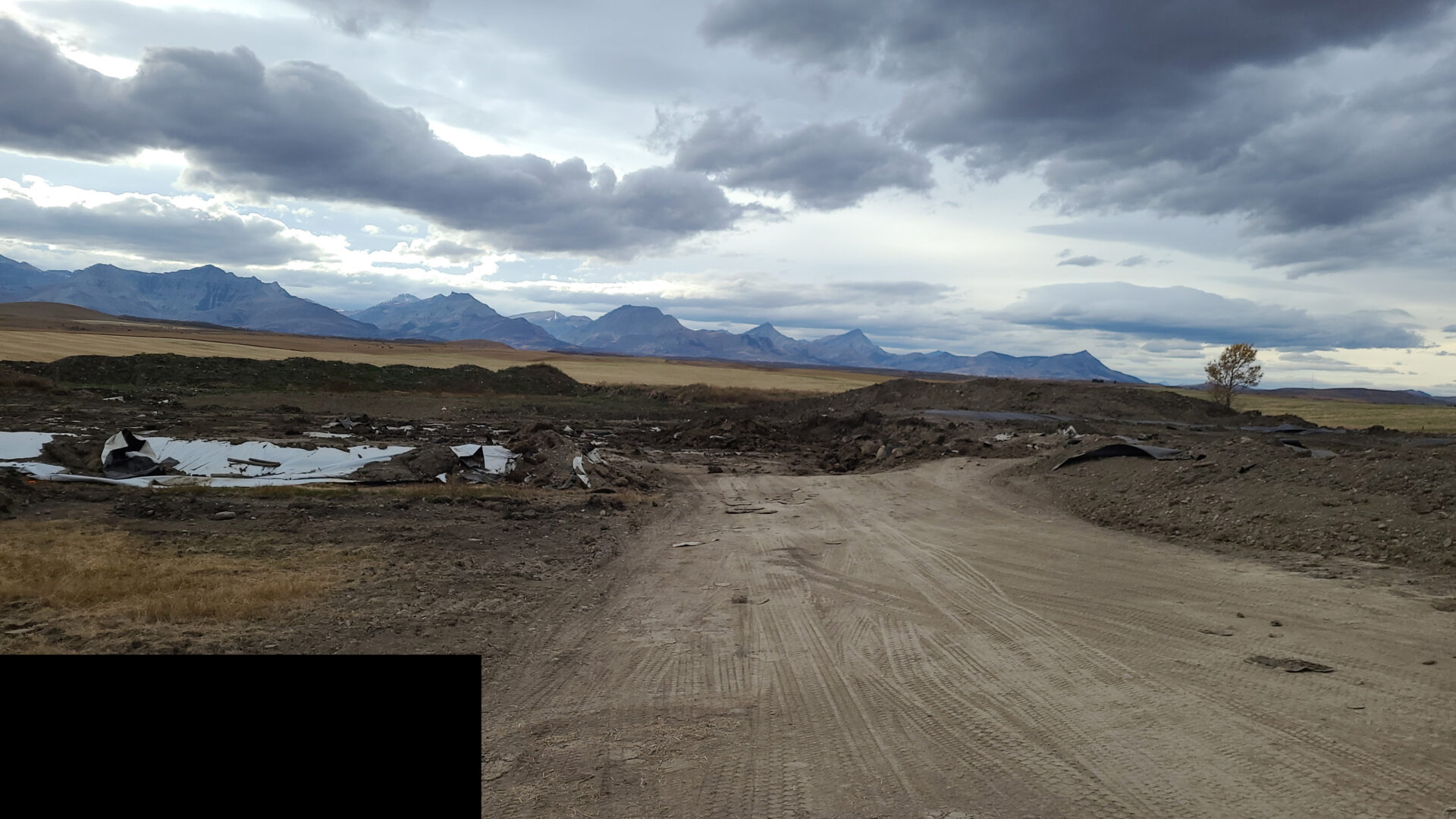Since 2019, federally funded upstream site closure programs have become a key avenue for North American administrations to improve environmental quality, create jobs, and support underutilized businesses. Our team became involved in these projects early on and has since participated in federally funded initiatives across seven different states and provinces. This diverse experience has allowed us to engage with stakeholders and gain insight into what success looks like in various communities. As we continue to build on these experiences, we’d like to share some key learnings and how we’ve adapted to overcome challenges and seize opportunities in these programs.
Understand the Objectives:
Each federally funded program has specific requirements critical to success, and failure to meet these can jeopardize grant acceptance or result in compliance issues during financial audits. It’s essential to understand the program’s requirements as well as those of the oil and gas operators involved. Effective communication must be established early, and expectations should be clearly set with all personnel involved. Experience across different jurisdictions is beneficial, but it’s crucial to recognize that best practices can vary by state or province.
Emphasize Project Planning:
A comprehensive execution plan is essential to address project-specific data collection requirements (e.g., methane emissions quantification before and after plugging) while ensuring efficient execution. Allocating enough time for permitting and contracting is also critical, as delays in the regulatory approval process can cause bottlenecks that increase costs.
Provide Frequent Reporting to Stakeholders:
Ongoing reporting of key performance indicators (KPIs) to stakeholders throughout the project is vital for maintaining transparency, identifying data gaps, and ensuring that the project team stays aligned with the approved schedule and budget. Regular updates enable real-time adjustments to address gaps and keep projects aligned with expectations.
As we continue to navigate and contribute to these federally funded site closure programs, the lessons learned from our diverse experiences will guide our future efforts. By maintaining a strong focus on clear communication, detailed planning, and continuous stakeholder engagement, we aim to further improve the effectiveness of these initiatives. We look forward to applying these insights to future projects, ensuring that each one delivers on its goals of environmental improvement, job creation, and support for local communities.
See you in the field,
Adam
For any questions or support needed with the Inflation Reduction Act’s Methane Emissions Reduction Program (MERP), and how it is being administered in your state, please reach out to Adam Derry at aderry@360eec.com or Dave Lamberton at dlamberton@360eec.com.
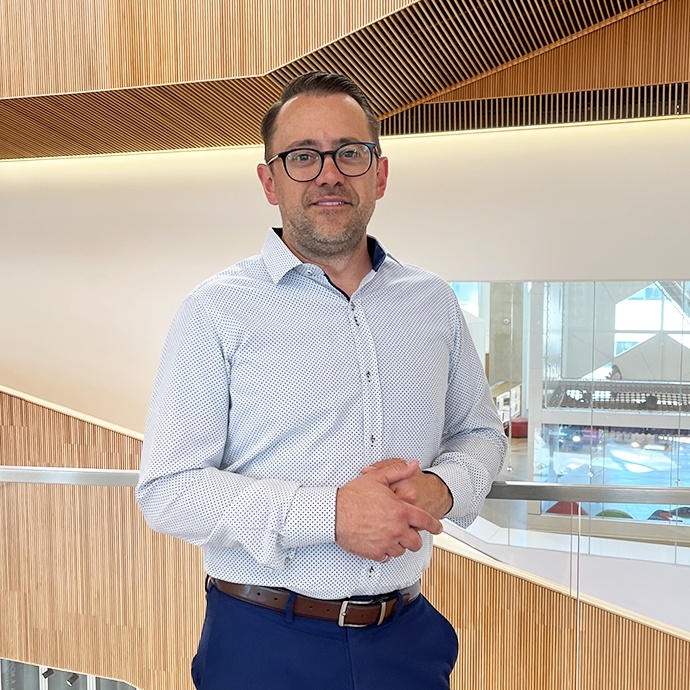
About the Author
Adam Derry, P.Eng., Director of Engineering
Adam brings over 12 years of energy industry experience to the 360 team, with three of those years as a wellsite supervisor. Beginning as a drilling rig floorhand, Adam has complemented his engineering skillset with hands-on experience in a variety of field operations including drilling/completion and abandonment of oil and gas wells, facility commissioning, and facility decommissioning. He is a Professional Engineer in good standing with APEGA and PEO and is currently serving the Drilling and Completions Committee of Energy Safety Canada by volunteering as Co-Chair of IRP-30 – Temporary Wellbore Suspensions.

